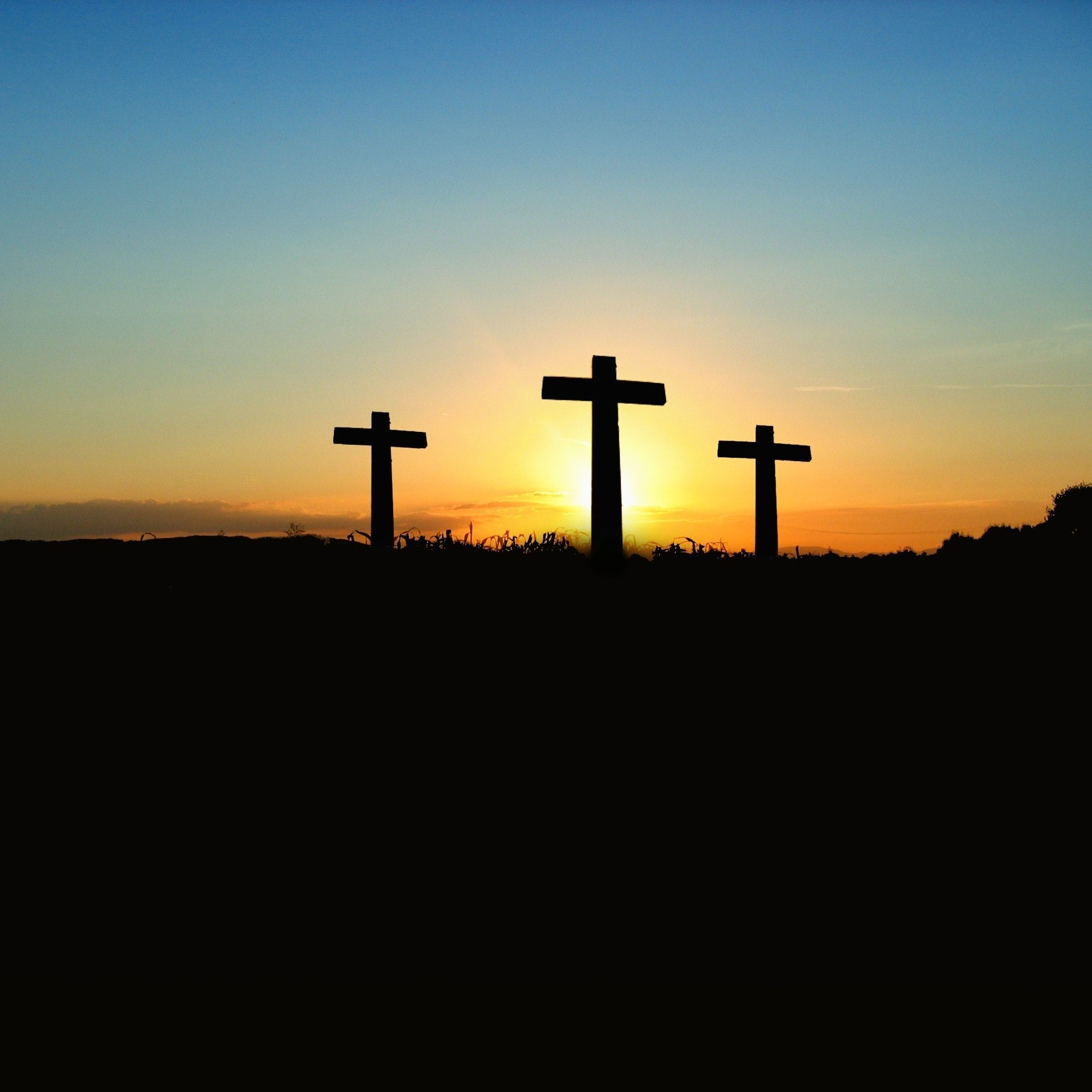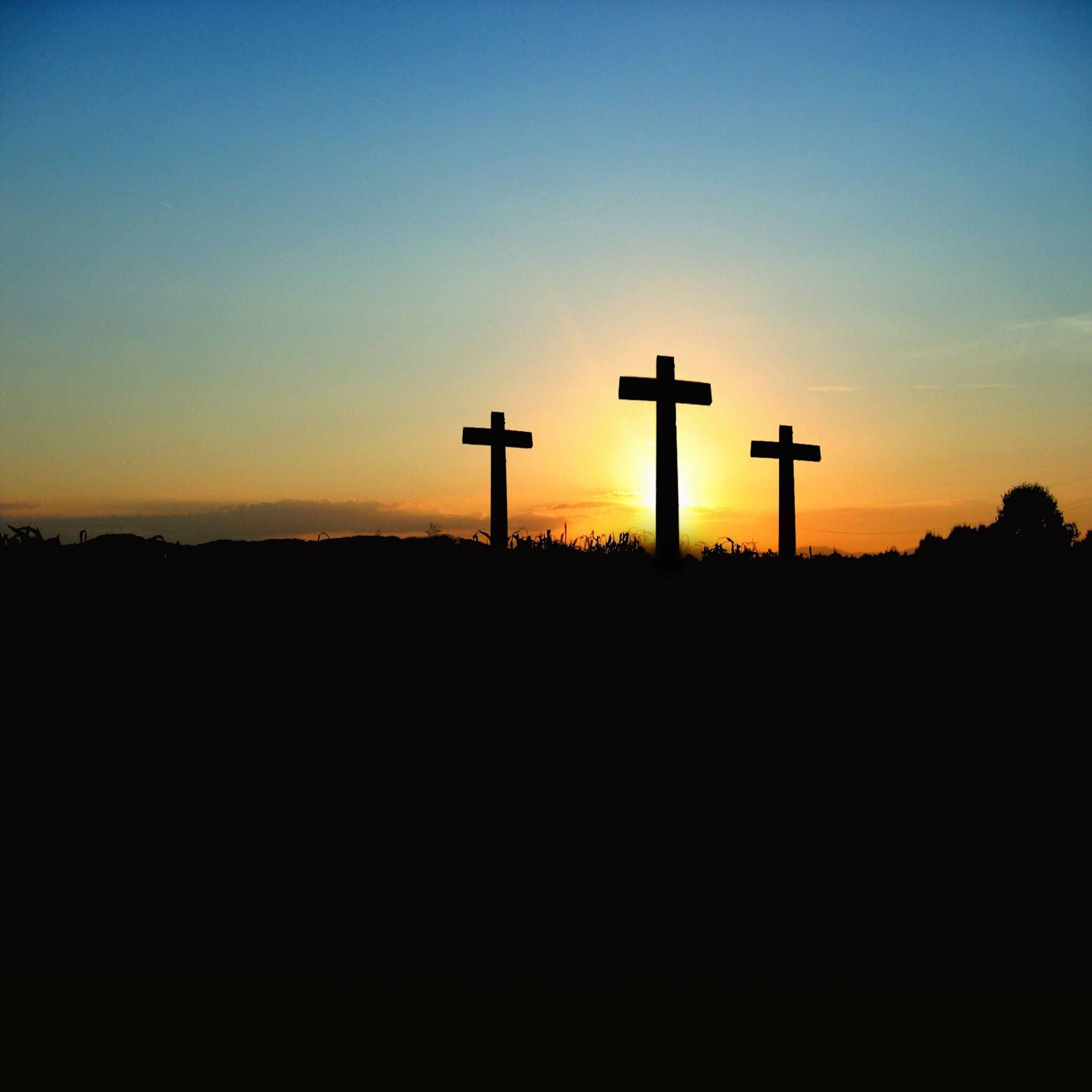10-01-2025 PART 1: Fasting, Sackcloth, and the Song of the Drunkards Hope in Psalm 69 10–13
Section 1
David’s honesty in Psalm 69:10–11 exposes layered trouble: public scorn and personal failure. He “wept and chastened” his soul with fasting and wore sackcloth—visible signs of repentance and grief. The passage underscores fasting as a neglected (but vital) discipline meant to quiet worldly distractions so the reborn spirit can better hear God. David admits his reputation has taken a hit—he’s become a byword, even “the song of drunkards.” Yet none of this is performative religion; the aim is intimacy with God, not optics. Repentance here is both sorrow and re-direction, a movement toward God rather than the fig-leaf hiding of Eden.
Section 2
Fasting in this frame isn’t diet culture; it’s deliberate denial to heighten discernment. By stepping back from the flesh’s constant feed, the “new man” gains strength through the Word—“man shall not live by bread alone.” David’s sackcloth scratches for a reason: it refuses comfort while the heart is being set right. The world mocks failure (especially in visible believers), but Scripture insists the path is not away from God but toward Him—think Yom Kippur’s entry to deal with sin before God. David models this turn: no self-justification, no blame-shifting—just a humbled seeker pressing into mercy.
Section 3
Verse 13 pivots from humiliation to hope: “But as for me, my prayer is to You, O Lord… in the multitude of Your mercy, hear me.” David anchors his appeal in God’s timing and salvation, seeking not only relief but reassurance that he still belongs to the Lord. This is the believer’s pattern: when we blow it, we approach the throne of grace to receive mercy and find timely help, trusting that humility precedes honor. We don’t argue our righteousness; we cling to His. In seasons of reproach and inner failure, the way forward is clear—repent, return, and rely on God’s mercy to lift what our pride cannot.




